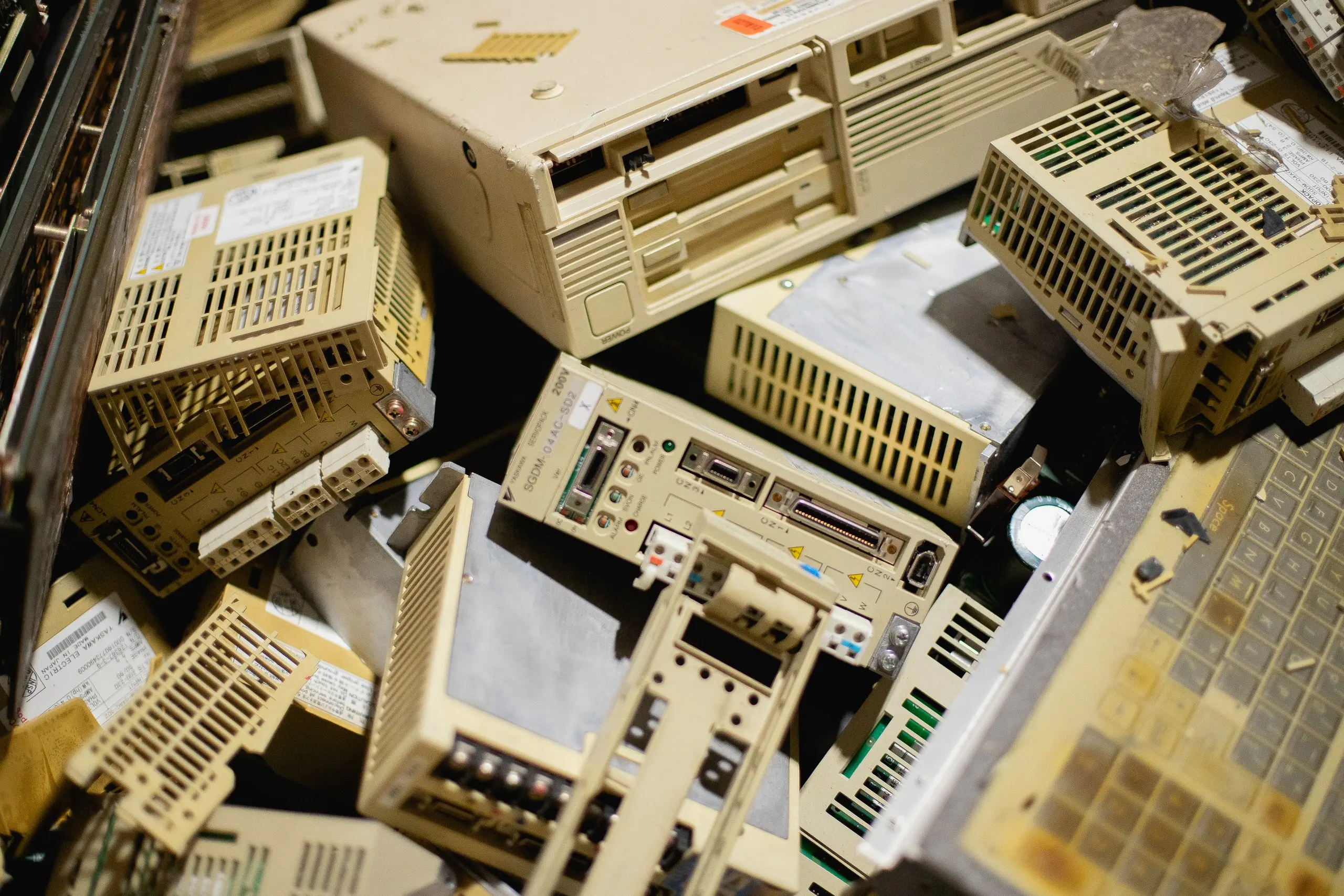Future Trends in E-Waste Management and Recycling
Circular Economy
The rapid growth of technology has made electronic waste (e-waste) one of the fastest-growing waste streams globally. With devices becoming obsolete more quickly than ever, sustainable e-waste management is crucial to protect our environment and conserve valuable resources. Here’s a look at the emerging trends that are transforming e-waste recycling and paving the way for a more sustainable future.
Advanced Recycling Technologies
New technologies are revolutionizing the way we handle e-waste, making recycling more efficient and environmentally friendly. Automated sorting systems and AI-driven robots are streamlining the dismantling process, making it faster and more precise. Hydrometallurgical and pyrometallurgical processes are also advancing, allowing for safer and more effective extraction of precious metals like gold, lithium, and cobalt from e-waste. By refining these processes, recyclers can recover more valuable materials from discarded electronics, reducing the need for mining and conserving natural resources.
Embracing a Circular Economy and Closed-Loop Manufacturing
The shift toward a circular economy is reshaping the way products are designed and used. In a circular model, products are designed for durability, repairability, and recyclability, allowing for a continuous cycle of use and reuse. Closed-loop manufacturing is a critical part of this approach, where materials from recycled electronics are reintroduced into the production process to create new products. This not only conserves raw materials but also minimizes waste. Additionally, manufacturers are increasingly adopting modular designs that make it easy to replace parts or upgrade components, extending product lifespans and reducing the volume of e-waste generated.
Stricter Regulations and Extended Producer Responsibility (EPR)
Regulatory changes are playing a crucial role in promoting responsible e-waste management. Many governments are enforcing Extended Producer Responsibility (EPR) policies, which require manufacturers to take accountability for the entire lifecycle of their products, including disposal. EPR compels companies to create systems for collecting and recycling their products once they’re no longer in use. Certifications like R2 (Responsible Recycling) and e-Stewards ensure recyclers adhere to high environmental and ethical standards, making it easier for consumers and businesses to choose responsible recycling partners. Additionally, the growing "Right to Repair" movement is pushing for laws that make spare parts and repair information more accessible, encouraging repairs over replacements and reducing e-waste.

Corporate Sustainability Initiatives and Consumer Awareness
With consumers becoming more aware of e-waste’s environmental impact, companies are stepping up their sustainability efforts. Many businesses are incorporating e-waste management into their Corporate Social Responsibility (CSR) programs, committing to responsible recycling and sustainable product lifecycles. Green certifications and eco-labels, like ENERGY STAR and EPEAT, are also becoming more common, helping consumers make eco-friendly choices. Public awareness campaigns led by environmental groups and governments are educating the public on the importance of recycling electronics responsibly, driving a collective effort toward sustainable e-waste practices.
Lithium-Ion Battery Recycling and Safe Disposal
Lithium-ion batteries, widely used in smartphones, laptops, and electric vehicles, are a growing focus in e-waste management. These batteries contain valuable metals, but improper disposal can lead to environmental hazards and safety risks, such as fires. Advances in lithium-ion battery recycling are making it easier to recover metals like lithium, cobalt, and nickel, helping meet the growing demand for these materials in a sustainable way. Additionally, some companies are exploring "second-life" applications for used lithium-ion batteries, repurposing them for energy storage systems, which extends their lifecycle and reduces waste.
The Road Ahead in E-Waste Management
The future of e-waste management and recycling is evolving to meet the challenges of a rapidly digitizing world. With advancements in recycling technology, a shift towards circular economic models, stricter regulations, increased corporate responsibility, and innovative approaches to battery recycling, the industry is moving toward a more sustainable future. These trends not only protect our environment but also pave the way for a greener economy.
At Genesis Dome, we are dedicated to staying ahead of these changes by investing in the latest recycling technologies and aligning with global standards in sustainability. Our commitment to zero-landfill practices and responsible e-waste recycling ensures that we are doing our part to reduce environmental impact. As the world embraces these trends, Genesis Dome continues to support businesses and individuals in making environmentally responsible choices for their electronic waste.
Contact Our Team
From secure electronics disposal to tailored industry solutions, we’re here to help.
Connect with our team today for reliable, eco-friendly waste management services.
